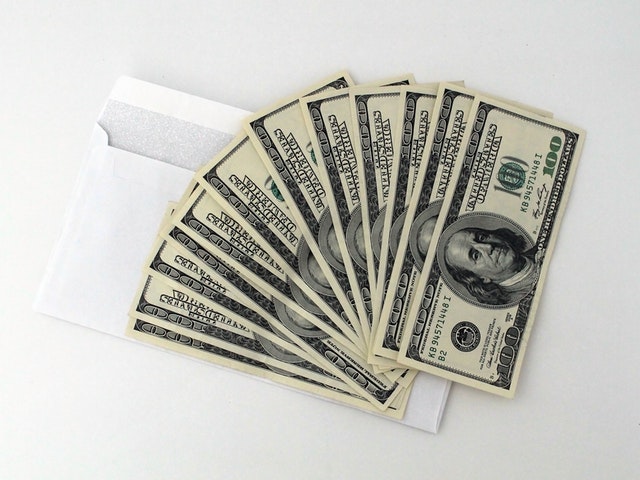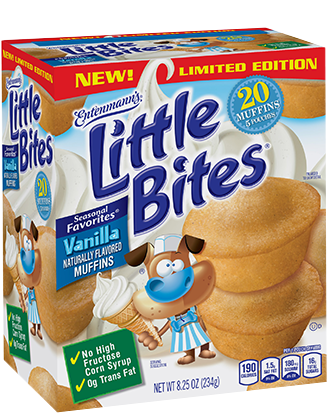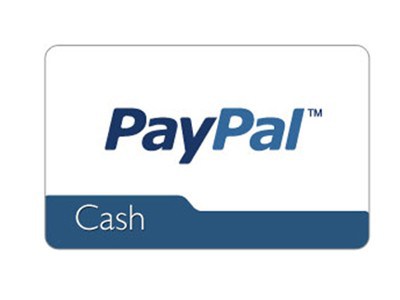Do you need to borrow $1,500 or less? You have a few options to consider
If you need money in a pinch, you may consider taking out a payday loan (might also be referred to as a cash loan, quick loan, or cash advance). We’re going to explain the functions of these loans, and any other options you may consider.
- What is a small loan?
- What are alternatives to these loans?
- Who qualifies for small cash loans?
- What is the cost of borrowing?
What is a small short-term loan?
Typically these loans are high-cost, via fees and interest rates. They include loans of small amounts (up to $1,500, which is typically paid back within two weeks, or the date of the next paycheck).
What are the alternatives to these high cost loans?
If you find yourself needing money for an emergency situation, you may find there are cheaper alternatives to taking out a cash advance loan:
- There are social security loans and ssi benefits which can remove the need of a loan or provide a low to not interest option.
- Get a low-interest personal loan from a trusted banking institution or credit union. Your own bank may have low income based loans and or provide lines of credit.
- Check local initiatives in your community to see if there are any church programs and relief programs for those who need access to funding for essentials in the budget, like food, utilities, and transportation.
Who can get small loans?
Creditors must lend money responsibly, which means that they cannot lend you money if they find unsuitable circumstances.
There are some situations that make it less likely you’ll be approved for a quick loan. The following are examples:
- You have taken out multiple small loans in recent months.
- Your paychecks are already allocated to other expenses, and there is no room to take on an additional expense.
- You have failed to pay back a previous quick loan on time (defaulted).
What lenders will ask for
The creditor will ask you for the previous three months of bank statements to verify your income. If your income is paid into multiple accounts, the lender will ask for all relevant accounts and their previous three months of statements.
They don’t always have to be paper statements. They can be file downloads that are printed from your online banking account. Your bank account information helps the creditor determine if you can afford to make future repayments on the loan.
Additional documentations that may be needed
Because lenders need to check your financial situation prior to approving you for a loan, they may also ask for the following:
- Any other income, like Social Security checks, or mandated child support.
- Copies of your current bills
- Copies of other credit contracts, or statements of those accounts
- Rental agreements showing your proof of rent payments
The amount of documents that lenders ask for is correlated to if they’ve worked with you in the past, your current credit report, and any information from your bank statements that require clarification.
What will the loan cost?
The legislation regarding fees and charges on payday loans will vary from state to state, however for service members of the military and their dependents, the Military Lending Act imposes a cap rate of 36%. There are also other state by state regulation in regards to payday type lending.
Late Fees
If you fail to repay your loan on time, you will typically incur a default fee or penalty fee until you repay the remaining balance.




